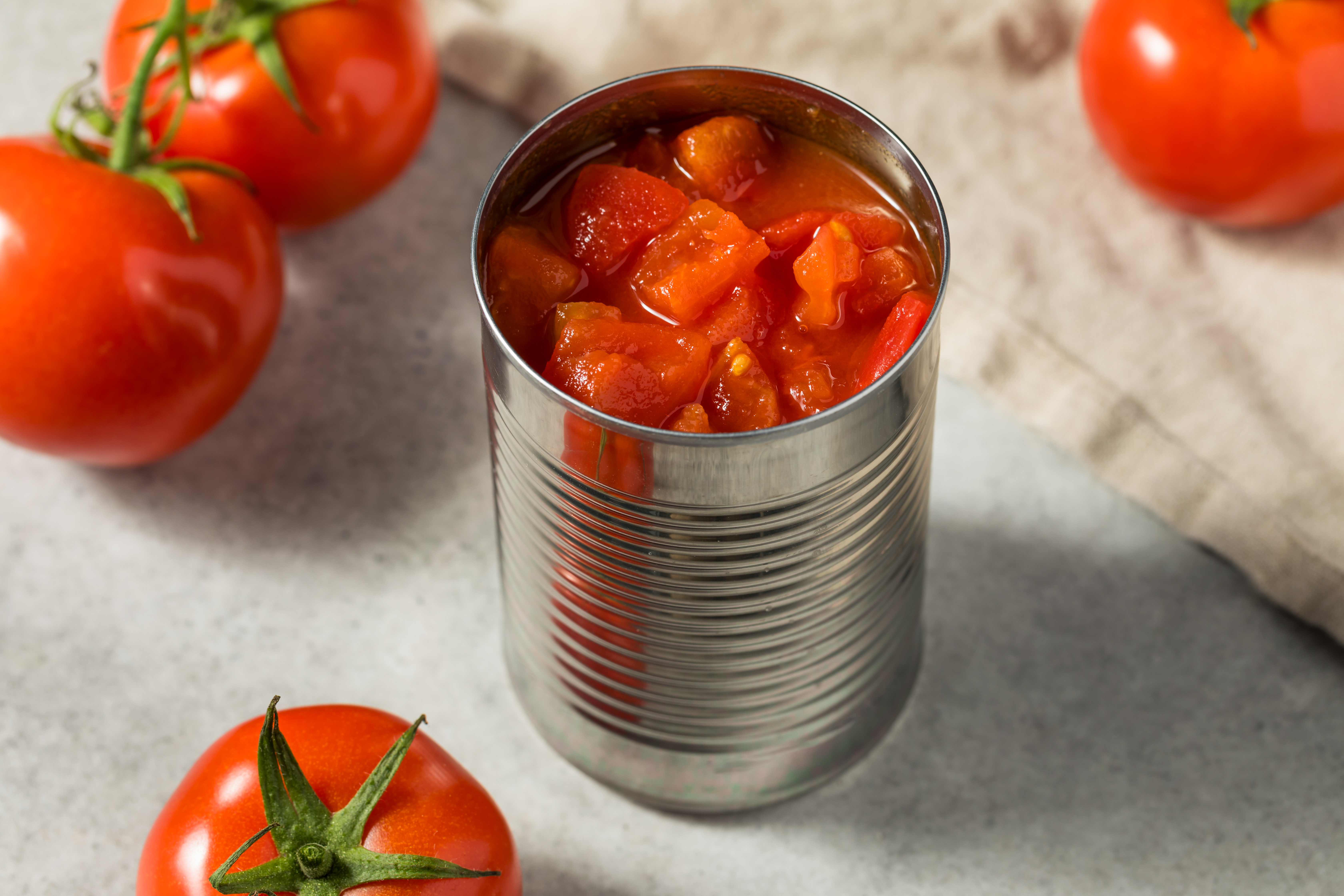Beyond Gluten and Dairy: Autoimmune Triggers Hiding in Your Diet
In the quest for optimal health, many have turned their attention to dietary triggers that may exacerbate autoimmune conditions. While gluten and dairy often take center stage in these discussions, a myriad of other potential culprits lurk in our diets, quietly influencing immune responses and inflammatory pathways. This article delves into the less commonly recognized dietary elements that might be affecting those with autoimmune disorders. By exploring these hidden triggers, individuals can better tailor their diets to manage symptoms and improve quality of life. Join us as we uncover these dietary factors and their potential impacts on autoimmune health.
Nightshade Vegetables: The Solanine Connection

Nightshade vegetables, including tomatoes, potatoes, eggplants, and peppers, contain a natural chemical compound known as solanine. For some individuals, solanine can provoke an inflammatory response, potentially exacerbating autoimmune symptoms. This is particularly relevant for those with conditions like rheumatoid arthritis, where inflammation plays a central role. Research suggests that eliminating or reducing nightshade consumption may lead to symptom relief for some people. Understanding the solanine connection allows individuals to experiment with their diets and observe how these vegetables affect their personal health dynamics.
Lectins: The Plant Protein Puzzle

Lectins are a type of protein found in many plant foods, including legumes, grains, and some fruits and vegetables. They have garnered attention due to their potential to disrupt the gut barrier and trigger immune responses. In individuals with autoimmune diseases, this can lead to increased inflammation and symptom flare-ups. While not everyone is sensitive to lectins, those with conditions such as lupus or Hashimoto's thyroiditis may benefit from reducing their intake. Cooking methods like soaking and fermenting can help decrease lectin content, offering a pathway to enjoy these foods with reduced risk.
